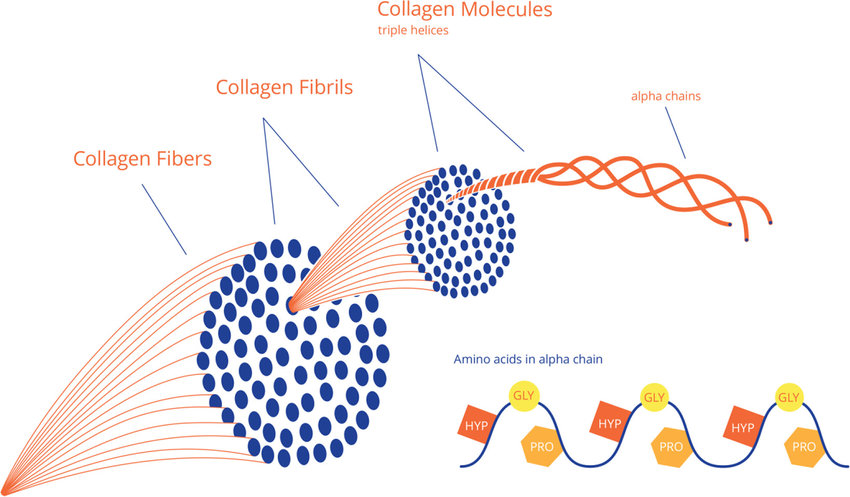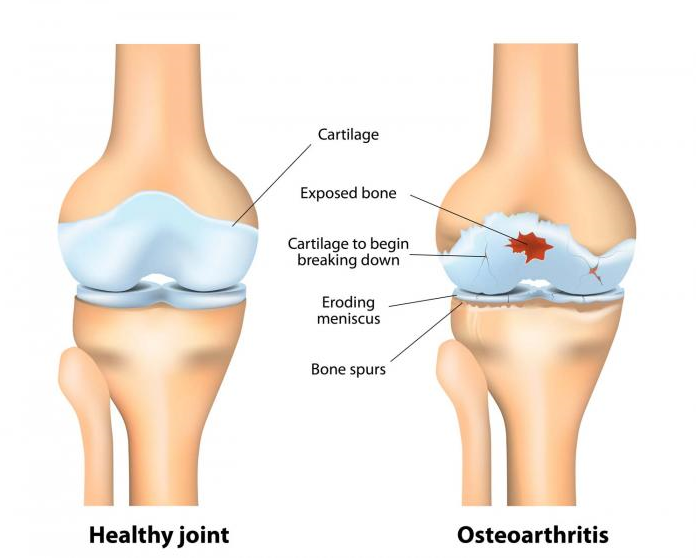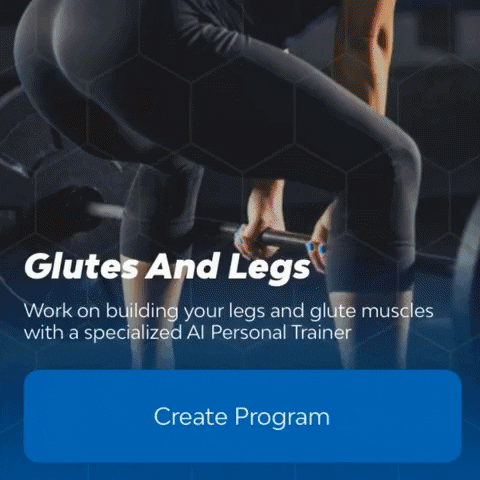Things You Didn't Know About Collagen Protein Powder
I don’t know if you’ve heard, but collagen protein powder seems to be the buzzword that’s on every fitness enthusiast’s lips at the moment. With purported benefits like enhanced muscle development, reduced joint inflammation, and more radiant skin – I was intrigued.

I don’t know if you’ve heard?
but collagen protein powder seems to be the buzzword that’s on every fitness enthusiast’s lips at the moment. With purported benefits like enhanced muscle development, reduced joint inflammation, and more radiant skin – I was intrigued.
As a skeptic about supplements in general; I decided to dive into the research to see what the majority of findings suggest collagen supplementation.
So – before you go ahead to swap out your good old whey protein for collagen protein powder, you might want to give this article a read. After all, collagen protein powder can be on the pricier side.
What is collagen, anyway?
Given that the mainstream usage of collagen has mostly been topical, I wouldn’t be surprised if you thought of collagen to be something you only apply externally to the skin. Or, if you’re well-versed in the cosmetic industry, something to be injected to plump up the skin.
Well – you’re not wrong if your concept of collagen is either of the above. But both interpretations fail to capture collagen’s full meaning.

You see: collagen is a natural protein that is produced by animals. And yes, that includes humans. It’s a major structural component in your body; various types of collagen make up your skin, bones, muscles, and joints.
So, collagen has been consistently marketed as the go-to ingredient which can improve your joint health, complexion, and muscle growth.
Is it a beneficial supplement?
But as you should know by now, the supplement industry is chock full of false claims. Let’s scrutinize the scientific research available on each of collagen’s purported health benefits:
Muscle hypertrophy
Unfortunately for all fitness buffs who’ve made the switch to collagen protein powder, the claim of collagen’s benefit to muscle growth is one of the most unfounded. And the reason is because of its amino acid profile.
Collagen is an 'incomplete protein' – it contains only 8 out of 9 essential amino acids. And to make matters worse, these eight amino acids aren't even equally balanced; the ratio is skewed towards glycine, proline, and hydroxyproline.
Time and again, scientific research has demonstrated that a protein’s essential amino acid profile dictates its efficacy in muscle hypertrophy. A profile that tends to be highest in animal sources – or otherwise, 'complete proteins' – such as meat, low-fat dairy, whey, and casein protein powder tend to perform significantly better for muscle growth.
Side-note: vegans and vegetarians can also achieve optimal muscle hypertrophy through the strategic compilation of non-animal sources.
Ultimately, if you’re seeking muscle development – whether to get stronger or bigger, you’re far better off sticking to your regular protein supplementation (whey, casein, or fortified vegan protein powder).

Skin health
If you've been paying attention, you'd know that collagen protein powder is far from ideal for muscle development. But what about its claimed benefit of supporting skin health and mitigating age-related wrinkles?
Well, the evidence seems to be more positive.
A double-blind study published in 2015 demonstrated that 5 grams of bioactive collagen peptides daily showed a statistically significant, positive effect on skin elasticity in healthy, nonsmoking females aged 45 to 64 years old.
Also, a 2019 systematic review on oral collagen supplementation supports the findings mentioned above when collagen was supplemented in daily doses from 2.5 to 10 grams.
While it might be critical to note that these findings were found mainly in older demographics that had – understandably – already experienced significant declines in skin health, it does stand to reason that collagen may provide some preventative support for the younger populations as well.
Joint support
While wrinkle reduction seems to be the main selling point of collagen supplements in general, another popular claim of collagen’s health benefit is that of improvement in joint mobility and reduction in joint pain.
Similar to its positive effects on skin health, it seems that oral supplementation of collagen may have some merit in joint support.
A study conducted in 2006 found that collagen is an effective treatment for osteoarthritis and other joint pain and disorders. This finding also gels with other studies in the field as well, such as this one covering osteoarthritis joint pain.
However, it's crucial to note that most research seems to have been conducted in arthritic populations – this potentially limits the number of presumptions we can make on whether its benefits extend to otherwise healthy individuals in terms of joint fortification and maintenance.

It might not be worth your money
Having reviewed all available scientific literature on collagen supplementation, I'd have a hard time trying to dissuade someone from supplementing with collagen for either support for skin or joint health. After all, the research does seem to stand in collagen's favor.
However, just because it won’t be a complete waste of money, doesn’t mean that it’s the best solution to your problems. As mentioned earlier, collagen supplementation runs on the pricier end.
If you're serious about improving and maintaining your skin and joints health, there are less sexy but more effective lifestyle changes you could implement to get a higher return on investment for your health.
1. Skin health: Limit sun exposure
2. Joint health: Avoid overloading joints with excessive weight
Conclusion
More research is needed on collagen supplementation, but at least for now, it seems that it does help with 2 out of 3 purported benefits. Whether it's worth the money or not, well – that's your call. But what I do know is that if you're looking for a collagen protein powder to help with muscle hypertrophy, you're much better off looking elsewhere.
We understand how easy it is to be lulled by sexy marketing and beautiful packaging in the fitness industry, which is why we always to base our blog posts (check out our posts on why the post-workout anabolic window is a myth and the hidden dangers of pre-workouts) and training programs on science here at GymStreak.
If you’re interested in taking an evidence-based approach to your fitness, you should check out the GymStreak app; we provide immediate, individualized training programs upon download!

References
Bello, A. E., & Oesser, S. (2006). Collagen hydrolysate for the treatment of osteoarthritis and other joint disorders: A review of the literature. Current Medical Research and Opinion, 22(11), 2221–2232. https://doi.org/10.1185/030079906X148373
Borumand, M., & Sibilla, S. (2015). Effects of a nutritional supplement containing collagen peptides on skin elasticity, hydration and wrinkles. Journal of Medical Nutrition and Nutraceuticals, 4(1), 47. https://doi.org/10.4103/2278-019X.146161
Choi, F. D., Sung, C. T., Juhasz, M. L. W., & Mesinkovsk, N. A. (2019). Oral Collagen Supplementation: A Systematic Review of Dermatological Applications. Journal of Drugs in Dermatology: JDD, 18(1), 9–16.
Crowley, D. C., Lau, F. C., Sharma, P., Evans, M., Guthrie, N., Bagchi, M., … Raychaudhuri, S. P. (2009). Safety and efficacy of undenatured type II collagen in the treatment of osteoarthritis of the knee: A clinical trial. International Journal of Medical Sciences, 6(6), 312–321.
Felson, D. T. (2013). Osteoarthritis as a disease of mechanics. Osteoarthritis and Cartilage / OARS, Osteoarthritis Research Society, 21(1), 10–15. https://doi.org/10.1016/j.joca.2012.09.012
Haluza, D., Simic, S., & Moshammer, H. (2016). Sun Exposure Prevalence and Associated Skin Health Habits: Results from the Austrian Population-Based UVSkinRisk Survey. International Journal of Environmental Research and Public Health, 13(1). https://doi.org/10.3390/ijerph13010141
Pittaoulis, A., & Phillips, E. (2007). Can oral supplementation with a collagen-casein-based liquid protein improve serum albumin levels in hemodialysis patients? Dialysis & Transplantation, 36(5), 258–265. https://doi.org/10.1002/dat.20127
Volpi, E., Kobayashi, H., Sheffield-Moore, M., Mittendorfer, B., & Wolfe, R. R. (2003). Essential amino acids are primarily responsible for the amino acid stimulation of muscle protein anabolism in healthy elderly adults. The American Journal of Clinical Nutrition, 78(2), 250–258. https://doi.org/10.1093/ajcn/78.2.250
H. Nijhuis, W & M. Eastwood, D & Allgrove, J & Hvid, I & H. Weinans, H & A. Bank, R & J. Sakkers, R. (2019). Current concepts in osteogenesis imperfecta: Bone structure, biomechanics and medical management. Journal of Children's Orthopaedics. https://doi.org/10.1302/1863-2548.13.180190
